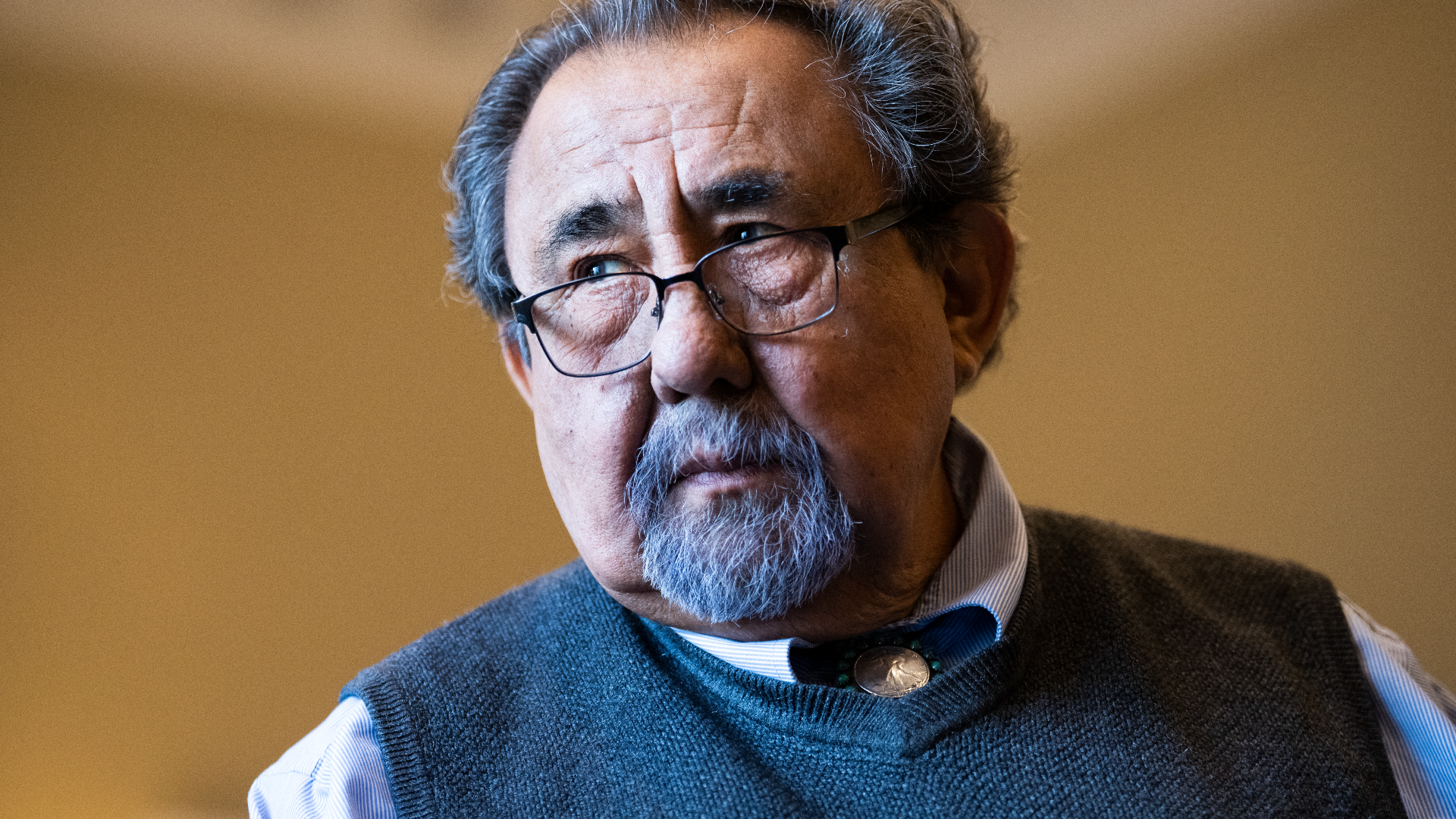Grijalva Says a Weak GOP Speaker Means Dems Can Notch Wins

Rep. Raúl Grijalva (D-AZ) says even in the minority, Democrats can be effective in the Republican-held House, under what Grijalva says will be a “lame-duck” speakership.
Grijalva spoke to TYT on Friday as Rep. Kevin McCarthy (R-CA) appeared to make some progress toward winning over rebellious Republicans in the speaker’s race after making multiple concessions that will weaken his ability to wrangle his caucus.
Despite the “outsized role” Grijalva says MAGA Republicans will now play, Democrats’ road to success will depend on their ability to work with swing-district Republicans who face pressure from their constituents to get some actual work done in Washington.
Grijalva says that finding common ground will be “very difficult,” but possible.
“They’ve outlined what they want to do and I think for our caucus and the slim majority that they have, I think the area we can work is those 18, 20 members on their side that are in swing districts or in districts that used to be held by Democrats,” said Grijalva, “Their survival depends on getting things done and maybe that can be a source going down the road. We’ll see.”
It’s possible that a handful of Republicans may be willing to cooperate on some legislation. Some could help Democrats avoid a default on the nation’s debt later this year, for instance. And on issues including health care, child care, and even the federal minimum wage, Democrats have held out hope of crafting bipartisan legislation for at least incremental progress.
But Grijalva also called the lack of an empowered speaker “a real problem.” Referring to McCarthy’s agreement to let any single member call for a vote to replace him, Grijalva said, “I hate to put it that way, but the fact that McCarthy would be a lame-duck speaker, that’s with a threat all the time.”
On Thursday, a source at a leading progressive group who asked not to be named told TYT that Democrats could consider helping to elect a “unity candidate” speaker in return for getting an equal number of Democrats and Republicans on the House Rules Committee. That would mean no bill could go to the floor without the approval of both parties, but Grijalva said he doesn’t believe that’s a viable option.
“Despite it being narrow, I don’t think [Republicans] are going to give Democrats any additional opportunities, said Grijalva. “But like I said, there’s 18 to 20 [swing district representatives] and they need to be very careful, including [Rep.] Juan [Ciscomani (R-AZ)] who’s right next door to me.”
Referring to the GOP’s reactionary agenda, and its deep unpopularity with moderate voters, Grijalva said, “Votes to end social security, votes to shut down the government… that’s a problem” for swing-state Republicans.
Asked about Democratic opportunities presented by a weaker GOP speaker, Rep. Ro Khanna (D-CA) told TYT that House Democrats are focused on unifying behind caucus leader Rep. Hakeem Jeffries (D-NY) in conducting their negotiations. Khanna said, “It’s been chaos on the Republican side right now and my concern is we’re going further and further to the right.”
McCarthy, who has endured loss after loss due to far-right defectors in his own party, on Friday afternoon for the first time got more votes than Jeffries, 214 to 212. But that still wasn’t enough to win the speakership, and it came at the cost of most of the real power McCarthy may have hoped to wield.
The House adjourned on Friday until 10pm, apparently to give some McCarthy supporters who had left town enough time to return to DC and cast their votes.
TYT Washington Correspondent Candice Cole was previously a correspondent and senior White House producer for the Black News Channel and has worked at a number of local news outlets. You can find her on Twitter @CandiceColeNews.
